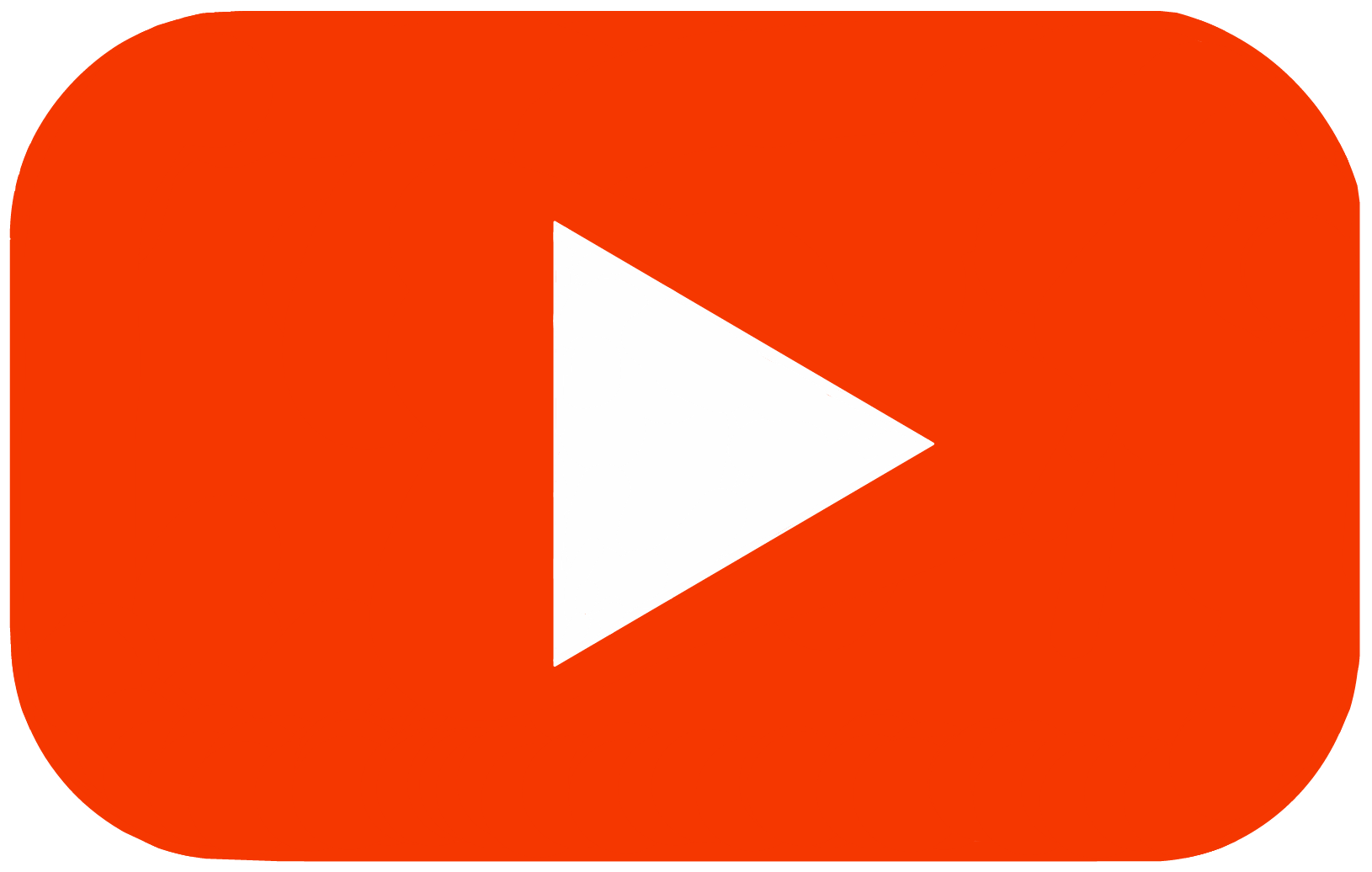CENSORSHIP: YouTube de-monetizes the videos of dozens of creators.
By Andrew Carlson and Caleb Gonzales, Staff Writers
“I do not agree with what you have to say, but I’ll defend to the death your right to say it.” -Evelyn Beatrice Hall
YouTube has long been known as a place where people have been able to express themselves and their views and profit from it without much consequence. Now, many are losing a significant amount of ad revenue due to YouTube’s newly increased enforcement of a policy that goes against the familiar style of content that many creators and viewers prefer.
On August 31, 2016, Philip DeFranco, a popular YouTube content creator with over 4.7 million subscribers, uploaded a video in which he complained that a dozen of his videos had been hit with de-monetization. Generally, these YouTubers make their profit by collecting revenue from advertisers playing advertisements at the beginning of their videos, but this recent action implies that ads may no longer serve as a sufficient source of income for a myriad of YouTubers.
This policy, known as the Advertiser Friendly Policy, states that YouTube may remove ads from any video using “sexually suggestive content,” “inappropriate language,” and “controversial or sensitive subjects and events.” According to the Internet Archive, this policy has actually been in place as early as March 11, 2015. From then until the present, not a single word has been altered on either the policy itself nor its consequences, meaning YouTube has only narrowed its scope on how this rule is interpreted. There is little justification for why YouTube should suddenly start strictly enforcing a little-known policy, especially when it has the potential to detrimentally affect YouTubers, a huge number of which depend on ad revenue.
In his video, DeFranco claimed that the majority of his de-monetized videos could not even be described as a violation of any of the previously stated guidelines, with the exception of mentioning “sensitive subjects.” YouTube had demonetized many of his videos simply on the basis of the controversial news topics he was covering. This refusal to monetize certain videos based on what is deemed “improper” is a borderline violation of the right to free speech. YouTube is well within their legal rights to monitor the content on their own website, but that does not mean they should be able to repress people’s views and opinions.
However, one cannot possibly dictate where and how a company spends its money; that would violate the right to free enterprise. Although companies are well within their legal rights to monetize what they deem “friendly,” they are not within their ethical rights. Even if it does not outright deny the right of free speech, such an action instead supports and sponsors only the videos in which the wallet deems acceptable. This system results with the suppression of all other forms of expression that are not viewed favorably by the sponsor.
Everything about YouTube’s policy is perfectly legal, but just because an action fulfills a contract does not make it acceptable. YouTube is not restricting videos, but they are forbidding the creators of those videos to be profitable. If a video talks about a recent murder, does this make it unacceptable? YouTube needs to understand that the entire real world is a “sensitive subject,” and it is immoral to subdue creators that cover controversial events or express themselves in an uncensored manner through the video platform.

